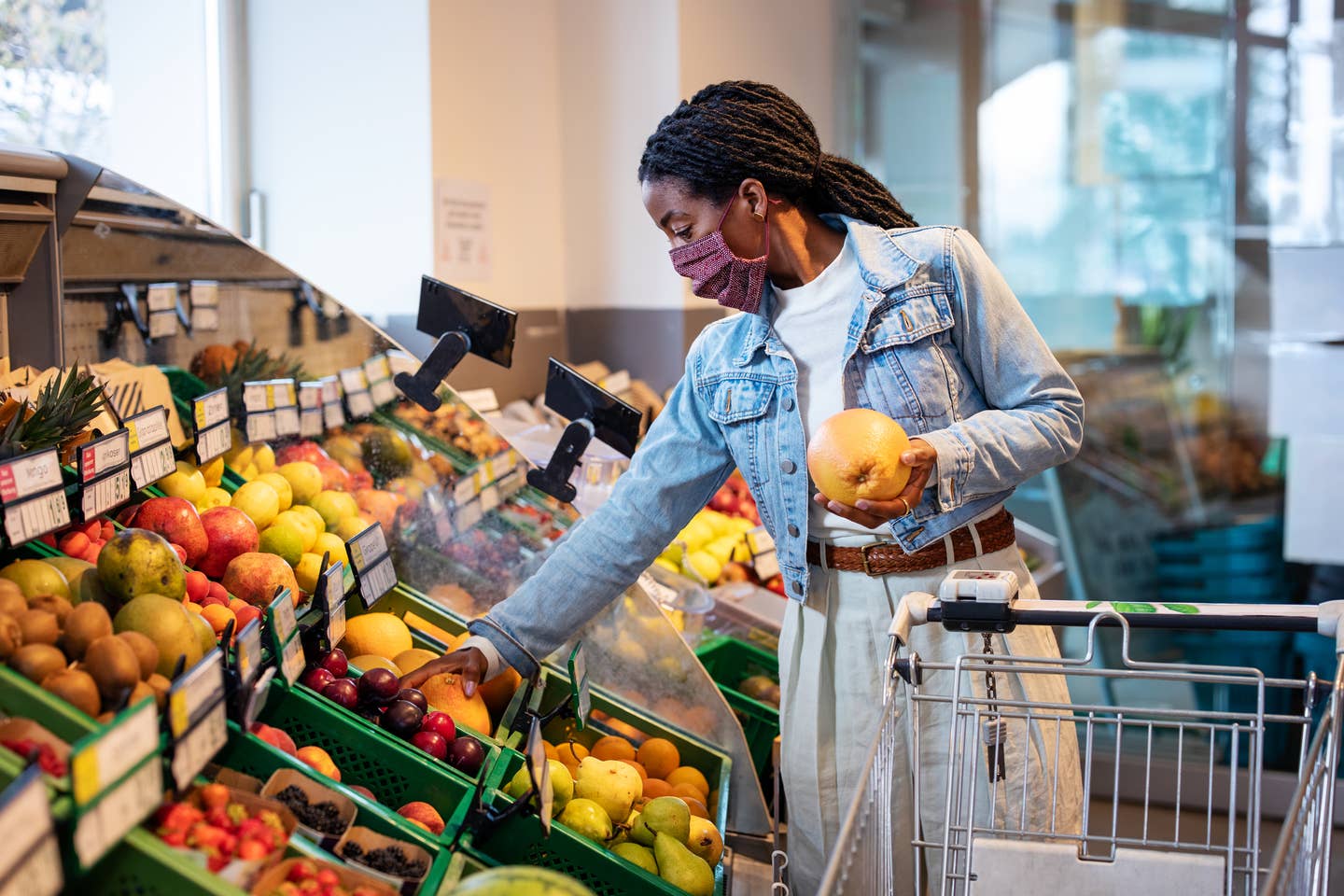
CEO of Unilever: “Every Country is Shifting Towards Plant-Based Diets”
Consumer trends worldwide are increasingly shifting towards a plant-based diet, whether that be limiting meat or setting aside animal products altogether. The market is changing, and Unilever is determined to cash in and explore the spike in plant-based food. The company took a strategic stance by making it a priority to follow the rapidly growin trend and adoption of plant-based diets across every country. Unilever CEO Alan Jope admitted that the trend would be a smart move for the company, citing that “every single country in the world is shifting towards more plant-based diets.”
The CEO’s announcement marks a greater movement that companies worldwide will need to follow the trend to stay afloat. The amount of plant-based consumers continues to grow every day, leaving companies to decide how to best capture customers given the new dietary demands.
Big Companies Like Unilever Looking to Capture Plant-Based Customers
The fast-growing trend is motivating companies like Unilever to start prioritizing plant-based food options. The company group set its annual global sales target at €1 billion for vegan products by the year 2027. This action by the company could encourage more and more largescale food companies and operations to do the same.
“As you’ll know there is a secular trend toward us all eating a little more of a plant-based diet and we see all our vegetarian and vegan offerings growing very quickly,” Jope said, sharing his optimism for the company’s new strategy. “The first thing we’re concerned to do is to make sure that our big brands like Knorr and Hellmann's have got attractive plant-based offerings. So that’s really the main course.”
Unilever Has Seen Success With Dairy-Free Ben & Jerry's Products
The executive pointed out how unbelievable it was that the company has been able to successfully launch dairy-free Ben & Jerry’s ice creams and a vegan Magnum frozen dessert. The success of those products showcased to Uniliver the true demand and potential in the plant-based industry. The profitability of these products does not just have the company celebrating, but the consumer as well: Plant-based eaters can expect to see a surge of products on both grocery shelves and in restaurants.
“We’ll continue to roll out The Vegetarian Butcher into more place both in retail and in partnership with our quick service restaurant partners,” Jope continued.
Unilever is not stopping there: The company has recently invested $94 million into a food innovation center at Wageningen University in the Netherlands. The center plans to work with Unilever to develop new plant-based products and create sustainable food packaging. This investment comes after the company started working with biotech start-up Algenuity to develop vegan substitutes for eggs in products like mayonnaise, baked goods, and pasta. Eggwhites seem to be the hardest ingredient for plant-based products to leave behind, so the startup is working with microalgae as a viable replacement.
Unilever’s move signals to the consumer that companies are now needing to meet the demands of this “inexorable” trend. The plant-based customer's impact is rippling worldwide, causing a complete shift for the food industry. You can expect to see new plant-based products from the many brands in Unilever's portfolio cropping up on store shelves in the next few years.
More From The Beet






